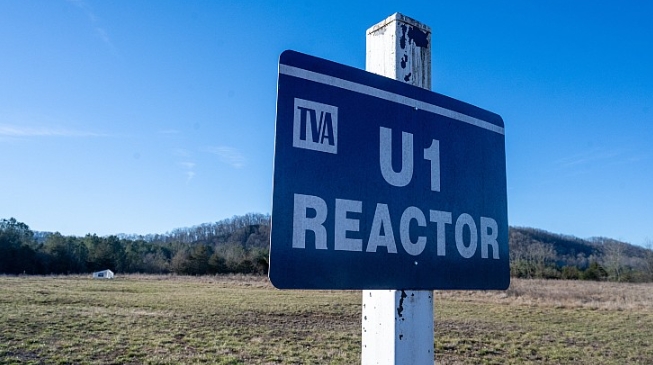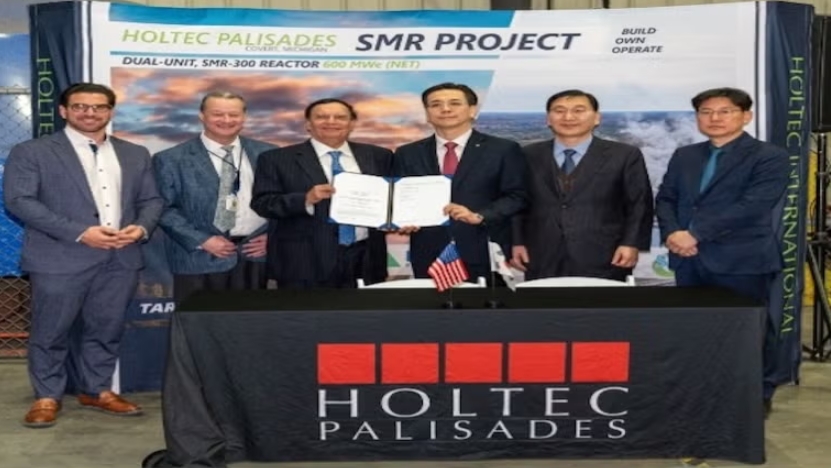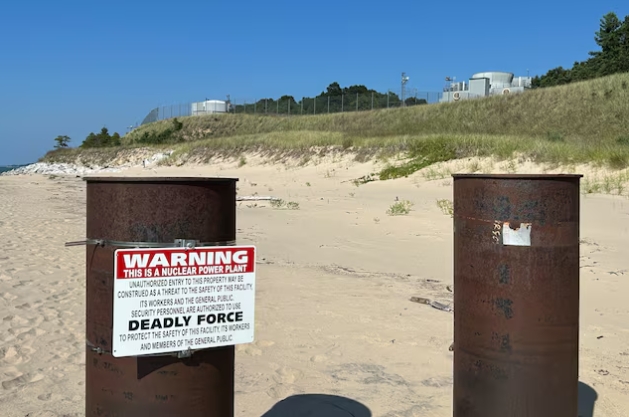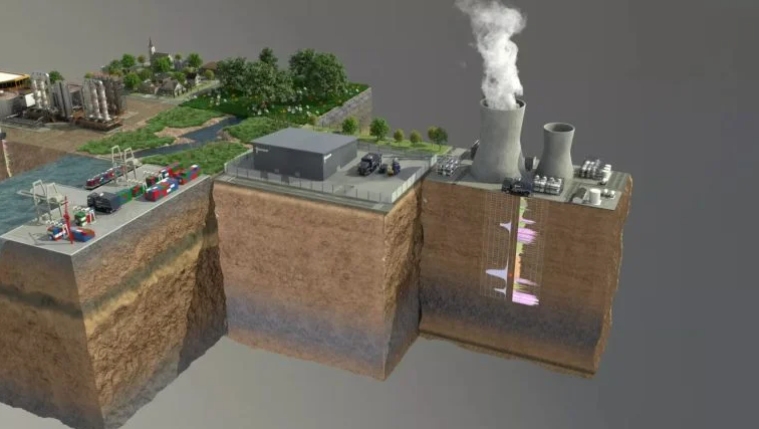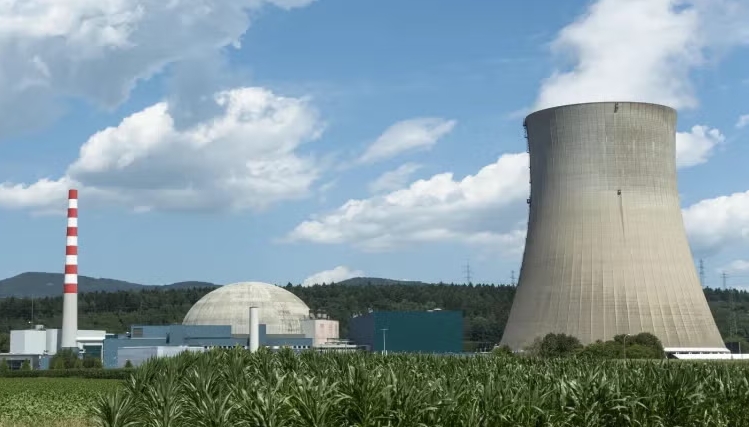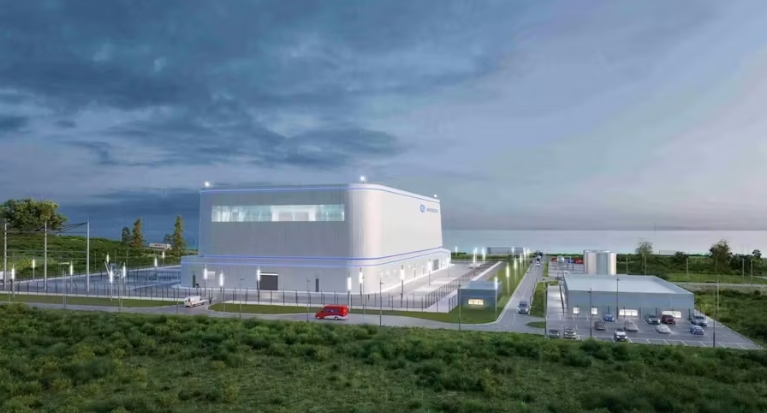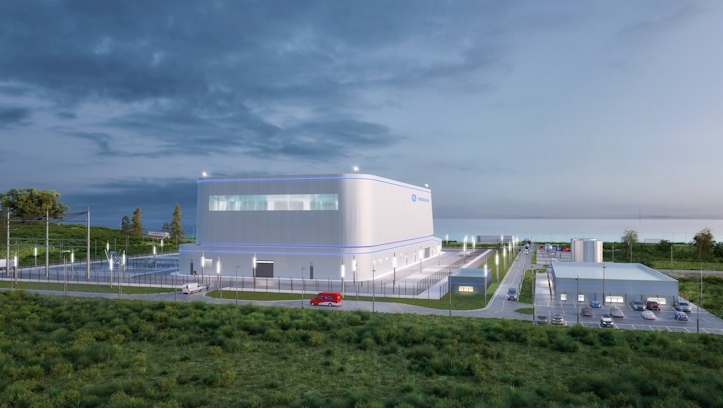
German energy company RWE is set to expand its presence in the country’s hydrogen market by investing in its filling station business. The move is part of the company’s broader strategy to support the transition to sustainable mobility.
RWE’s hydrogen filling station business currently operates five stations across Germany, with plans to open five more this year. According to a company statement, RWE aims to build around 100 hydrogen filling stations in the country by 2025.
The expansion of the hydrogen filling station business comes as part of RWE’s broader commitment to decarbonisation. The company has set a target of achieving carbon neutrality by 2040 and is investing heavily in renewable energy and sustainable technologies.
Hydrogen is increasingly being seen as a key component of the transition to a low-carbon economy. The gas can be produced using renewable energy sources such as wind and solar power and can be used as fuel for vehicles, as well as for heating and industrial processes.
RWE’s investment in hydrogen filling stations will support the growing demand for fuel cell vehicles in Germany, which is expected to increase significantly in the coming years. According to a recent report by the International Energy Agency, the number of fuel cell vehicles on the road globally is set to exceed 10 million by 2030.
The expansion of RWE’s hydrogen filling station business is also expected to have a positive impact on the country’s efforts to reduce greenhouse gas emissions. By increasing the availability of hydrogen as a fuel for vehicles, the project will help to reduce carbon emissions from the transportation sector, which is currently one of the largest sources of greenhouse gas emissions in Germany.
RWE is not the only company looking to expand its presence in the German hydrogen market. Major carmakers such as BMW and Mercedes-Benz are also investing in fuel cell vehicles, and a number of other energy companies are working to develop hydrogen production and distribution infrastructure.
